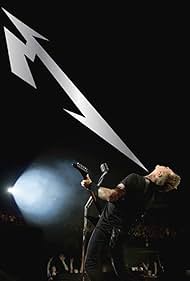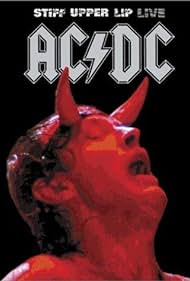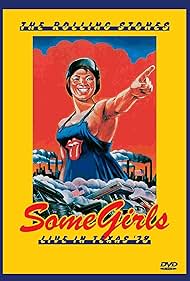Anna Bolena Soundtrack (2011)
Synopsis
In the summer of 1830 the impresarios of Teatro Carcano contacted Donizetti and asked him to compose a new opera for the season's opening. At the moment of signing the contract Donizetti still ignored the subject of the new opera; but he knew that the librettist would be Felice Romani and the female protagonist Giuditta Pasta. Success was resounding and unanimous, also with the critics. Donizetti had indeed reached artistic maturity. Anna Bolena tells of a human drama of solitude and oppression; it is a work of psychological introspection centred. Donizetti's first great scene of madness is one of the most moving and powerful of the whole history of opera. The new theatrical element introduced by Anna Bolena is that the protagonist's death is not a consequence of moral duty or divine justice, but a plain act of cruelty. A tragedy through and through, then: intense, deep and profoundly romantic. Anna Bolena is a very significant work in the history of opera, as well as in Donizetti's own personal history. In this Teatro Donizetti di Bergamo production Dimitra Theodossiou stands out as a fine interpreter both as a singer and as an actress.














